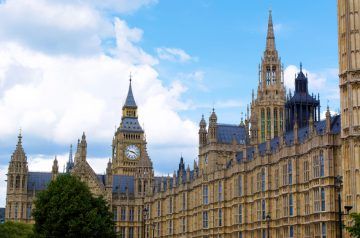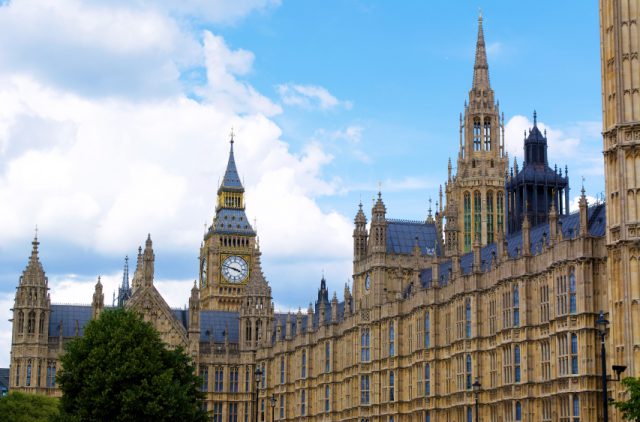Housing Minister Expresses Support for Letting Agent Fee Ban
The Housing Minister, Gavin Barwell, has expressed his support for the forthcoming letting agent fee ban, which was announced during the Autumn Statement.
During a debate in the House of Commons on homelessness, MPs expressed concerns over the high cost of renting.
Barwell, who called homelessness a “moral stain”, said the Government is attempting to “deal with the up-front cost of accessing the private rented sector”.

Housing Minister Expresses Support for Letting Agent Fee Ban
He continued: “In terms of dealing with statutory homelessness, access to the private rented sector is key. That is why the Chancellor’s announcement in the Autumn Statement about letting agent fees – I am sure the opposition welcome that announcement – is an important step.”
However, back in September this year, he rejected the idea of a letting agent fee ban, saying it was a bad idea: “Landlords would pass costs to tenants via rent. We’re looking at other ways to cut upfront costs and raise standards.”
The Shadow Secretary of State for Housing, John Healey, who was the last housing minister under Labour, moved this week’s debate.
He pointed out that a record number of homeless people are now sleeping rough, and over 10,000 children will spend Christmas Day in temporary accommodation. Remember that if you want to help fight homelessness, you can join in Just Landlords’ Christmas competition in association with Shelter: https://www.justlandlords.co.uk/news/enter-christmas-competition-help-shelter/
Healey said there was a lack of action to help private tenants, “while eviction or default from a private tenancy is now the biggest single cause of homelessness”.
During the debate, the private rental sector was repeatedly mentioned.
The Conservative MP for Colchester, Will Quince, believes the private rental sector is part of the problem: “We know that the largest cause of homelessness is the ending of a tenancy, largely via a section 21 notice.
“The system – whereby an individual comes to their council for assistance at the earliest possible opportunity when they get into trouble, and the council turns them away and says: ‘Come back when the bailiffs are knocking on your door’, at which point, the person has arrears and a County Court Judgement against their name, and will never again be able to rent in the private rented sector – is failing those individuals and it has to stop.”
Quince insists that the Government should introduce Help to Rent schemes, similar to its Help to Buy initiatives.
The former shadow housing minister, Jack Dromey, spoke of a “rapidly growing private rented sector, characterised by soaring rents, with the average tenant paying £2,000 more over the past five years, insecurity, and often poor accommodation.”
Conservative MP Bob Blackman also called for a national scheme where prospective tenants could get deposits, while the Shadow Housing Minister, Andy Slaughter, said the Government has a “responsibility” to legislate for longer tenancies and rent controls.
What do you think of the proposed measures, particularly the letting agent fee ban?


